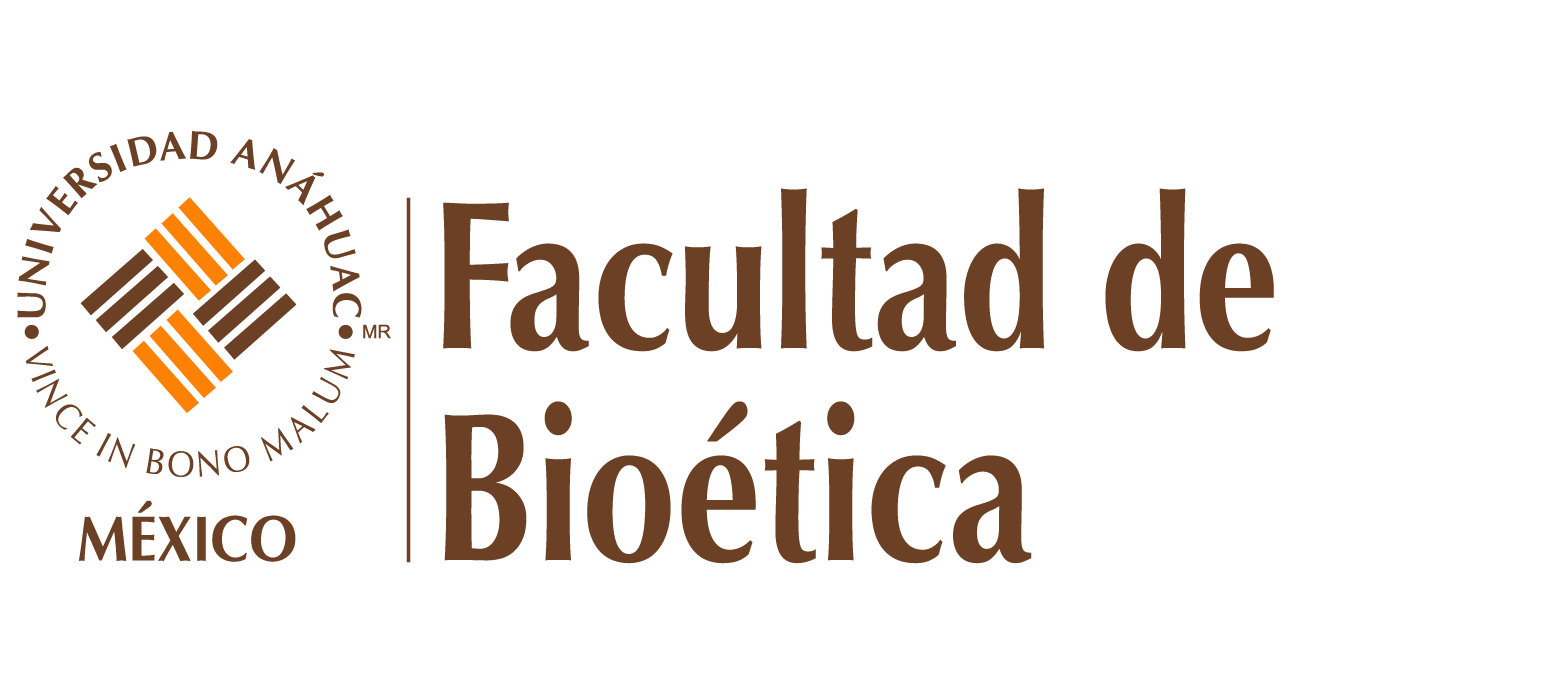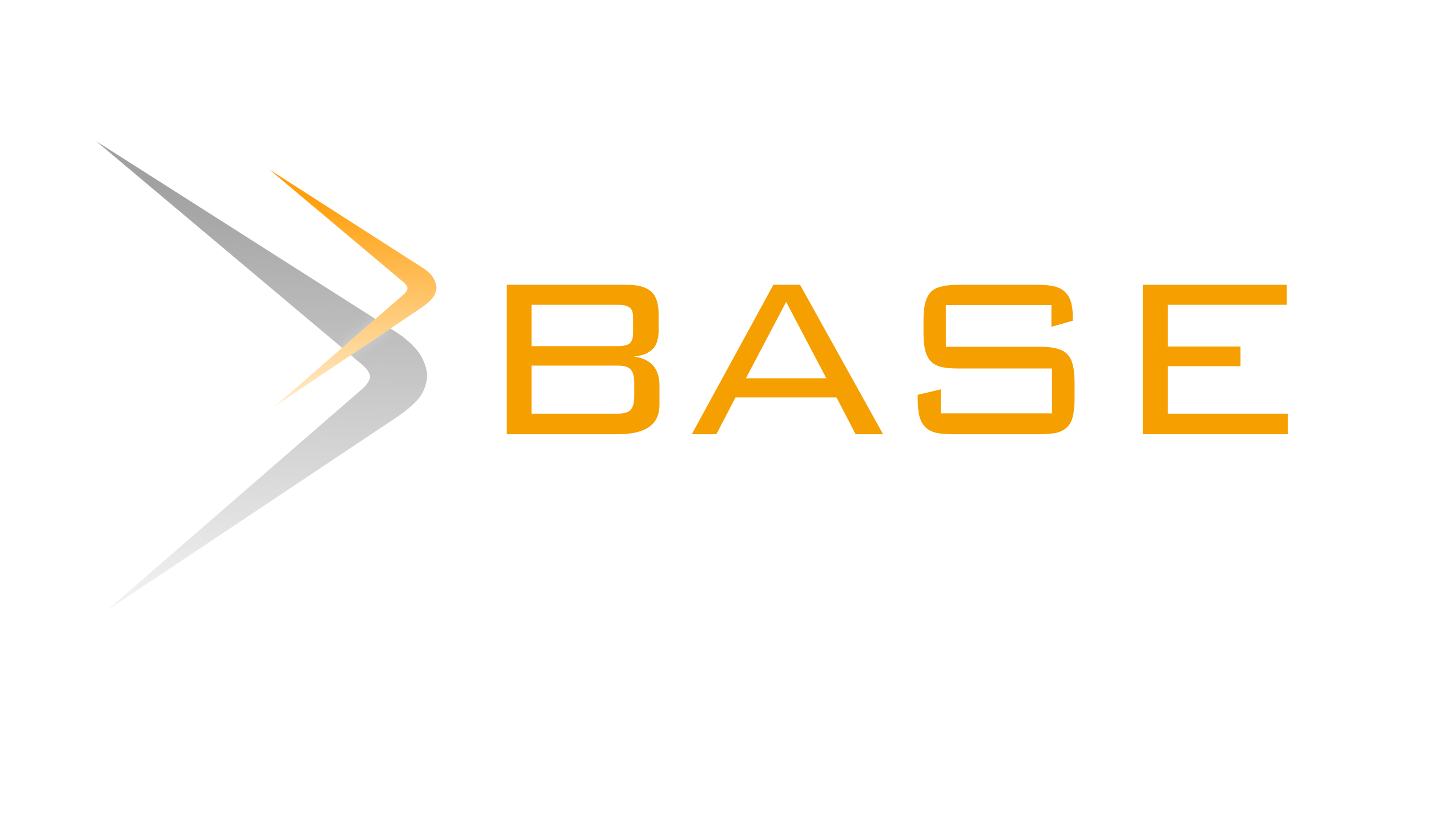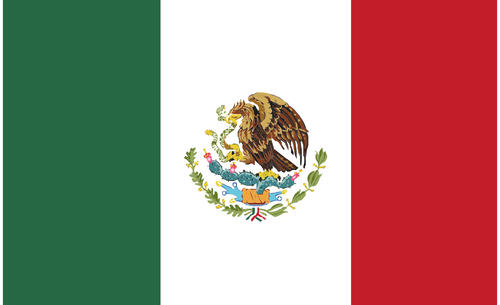El derecho a conocer los orígenes biológicos del niño(a) concebido por TRHA: reflexiones desde la situación del anonimato del donante
DOI:
https://doi.org/10.36105/mye.2024v35n4.01Palabras clave:
filiación, donante, TRHA, infertilidad, derecho, genéticaResumen
El presente trabajo pretende llevar a una reflexión bioética en torno al derecho que tiene el niño/a de conocer sus orígenes genéticos y las complicaciones sobre la base del anonimato del donante en ciertas legislaciones. En virtud de ello será imperioso reflexionar cómo intercede el anonimato en dicho derecho, supone una ¿protección? ¿limitación? ¿ocultamiento? y cómo pueden originarse diversas controversias en la actualidad conforme avanza la biotecnología. ¿Será propicio proponer una nomenclatura diferente al donante de gametos? por las cuestiones de tabúes sociales que se originan en torno a la cuestión, diversas apreciaciones pueden tenerse. Más allá del tema médico propiamente tal. La exposición del presente ensayo no va enfocada a análisis médicos, exposiciones de estadísticas ni estudios psicológicos de los donantes o apreciaciones técnicas de las TRHA, sino a exponer reflexiones en torno al tema que hacen imperante un estudio actual y profundo sobre ello, tomando en cuenta las cuestiones que involucra y sus repercusiones.
Descargas
Referencias
Alkorta I, Farnós E. Anonimato del donante y derecho a conocer: un difícil equilibrio (Donor Anonimity and Right to Know: a Challenging Balancing), Oñati Socio Legal Series, Derechos reproductivos y reproducción asistida. Género, diversidad sexual y familias en plural. 2017; 1(1):148-178. Disponible en: https://ssrn.com/abstract=2782321
Annas G. Fathers Anonymous: Beyond the Best Interest of the Sperm Donor,Child Welfare, 1981; 60(3):161-174. https://www.jstor.org/stable/45393772
Barcia R, Riveros C. El Derecho al conocimiento del origen biológico como un derecho fundamental de naturaleza civil-constitucional derivado del derecho a la identidad y de la dignidad humana. Ensayo contenido en libro: Gómez de la Torre, Maricruz y Lepin Molina, Cristian (2013), Técnicas de Reproducción Humana Asistida. Desafíos del siglo xxi: Una mirada transdisciplinaria. Legal Publishing Chile, Thompson Reuters. 2013:189-221.
Beetar B, De León GI, Suárez WY. El derecho a conocer el origen genético vs el derecho a la intimidad del donante, planteamiento del debate y soluciones para Colombia. Saber Cienc Lib [Internet]. 17 de enero de 2022 [citado 13 de abril de 2024]; 17(1):78-109. Disponible en: https://revistas.unilibre.edu.co/index.php/saber/article/view/8468
Daniels K. Donor gametes: anonymous or identified? Best Practice & Research Clinical Obstetrics and Gynaecology. 2007; 21(1):113-128. https://doi.org/10.1016/j.bpobgyn.2006.09.010
Comité de Bioética de Catalunya. El derecho a conocer los orígenes biológicos y genéticos de la persona. Aprobado en la 97ª reunión plenaria del Comité de Bioética de Cataluña del día 24 de febrero de 2016:1-31. https://canalsalut.gencat.cat/web/.content/_Sistema_de_salut/CBC/recursos/documents_tematica/derecho_origenes_biologicos.pdf
De Lorenzi M. El derecho a conocer los orígenes biológicos. La necesidad de su reconocimiento para garantizar el derecho a la identidad personal de los adoptados y nacidos por reproducción asistida. [Tesis Doctoral. Aspirante a la mención de Doctorado Europeo, Universitat de Barcelona]. 2015. Disponible en: DE LORENZI_TESIS.pdf (ub.edu)
Famá M. El derecho a la identidad del hijo concebido mediante técnicas de reproducción humana asistida en el proyecto de código civil y comercial de la Nación. Lecciones y Ensayos. 2012; (90):171-195. http://www.derecho.uba.ar/publicaciones/lye/revistas/90/fama.pdf
Lamm E. La importancia de la voluntad procreacional en la nueva categoría de filiación derivada de las técnicas de reproducción asistida. Revista de Bioética, Observatori de Bioética i Dret, Barcelona. 2012; (24):76-91. http://www.ub.edu/fildt/revista/RByD24_master.htm
Miller C. Donated Generation. The New Atlantis. 2008; (21):27-44. https://doi.org/10.1186/s13584-016-0125-0
Penning G. How to kill gamete donation: retrospective legislation and donor anonymity. Human Reproduction, 2012; 27(10):2881-2885. https://doi.org/10.1093/humrep/des218
Ravitsky V. Autonomous choice and the right to know one´s genetic origins. Revista The Hastings Center Report. 2014; 44(2):36-37. https://doi.org/10.1002/hast.286
Ravitsky V. Conceived and Deceived: The medical interest of donor-conceived individuals. Hastings Center Report. 2012; 42(1):17-22. https://doi.org/10.1002/hast.9
Théry I. El anonimato en las donaciones de engendramiento: filiación e identidad narrativa infantil en tiempos de descasamiento. Revista de Antropología Social. 2009; 18:21-42. https://www.redalyc.org/articulo.oa?id=83817222002
Turner S, Molina M, Momberg R. Técnicas de reproducción humana asistida. Una perspectiva desde los intereses del hijo. Revista de Derecho (Valdivia). 2000;11(1):13-26. http://revistas.uach.cl/pdf/revider/v11/art02.pdf

Descargas
Publicado
Número
Sección
Licencia
Derechos de autor 2024 Niza

Esta obra está bajo una licencia internacional Creative Commons Atribución-NoComercial-CompartirIgual 4.0.
Medicina y Ética se distribuye bajo Licencia Creative Commons Atribución-NoComercial-CompartirIgual 4.0 Internacional.
El autor conserva los derechos patrimoniales sin restricciones y garantiza a la revista el derecho de ser la primera publicación del trabajo. El autor es libre de depositar la versión publicada en cualquier otro medio, como un repositorio institucional o en su propio sitio web.


























